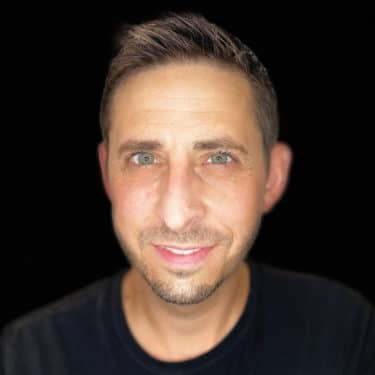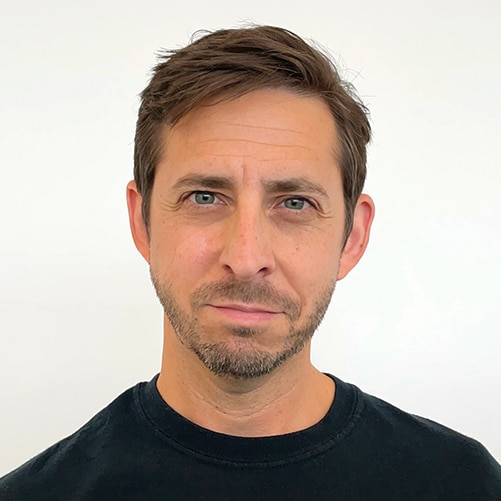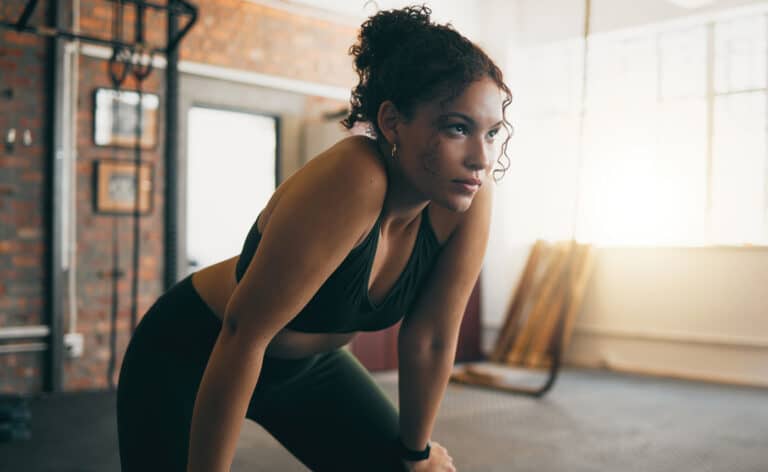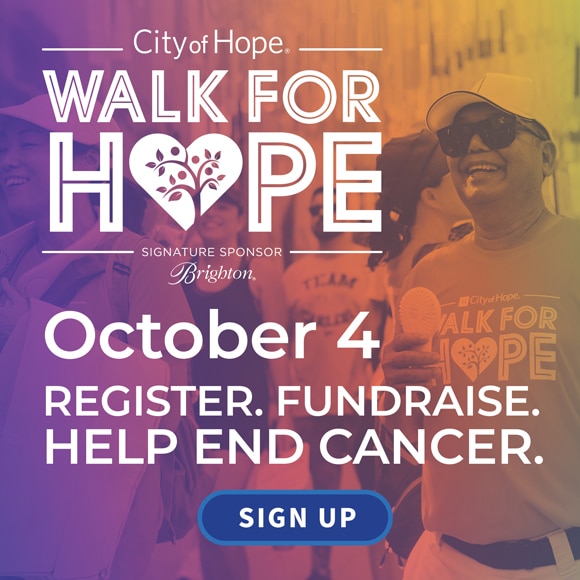
“Daddy, will our lungs be okay from breathing carbon monoxide?”
Trying to be honest but not alarmist, I told him, “Our lungs will be okay. We don’t want to breathe in a lot of carbon monoxide, but it’s okay when we’re driving.”
“I rolled up the window.”
“Yeah, well, when a truck like that is sending that much yucky pollution out, rolling up the window is a good idea.”
But I wasn’t completely honest with him. Because our lungs might not be okay. And it’s not just box trucks in need of a tune-up. Climate change, Mother Nature’s death spasm — whatever you want to call it — is making it harder to breathe. Or making breathing an ever-riskier endeavor.
Pollution used to be a short-term issue in the U.S., unlike China and India where it was a concern on a day-to-day basis, says Nandita R. Nadig, MD, a pulmonologist and critical care specialist at Northwestern Medicine. “The data is still coming in,” Nadig says, “but we can learn from these other countries that [day-to-day heavy pollution] has been linked to respiratory diseases like asthma, COPD, and susceptibility to viral and bacterial infections.”
Between May and early July of this year, Chicago had 13 air pollution advisories. These two and a half months in 2023 exceeded the total since 2012’s 12 advisories. One of those advisories was June 27, the day Chicago earned the title of City with the Worst Air Quality in the World. We’re coming for you, Lahore, Pakistan. Because with increased congestion on the roads and Canada’s wildfires expected to rage for months, our air quality isn’t getting better any time soon.
We get some relief when the other side of the climate change coin rears its ugly head as torrential rains. All that rain clears out the smoke, but also, in the case of my home, floods our basements. And that opens us up to breathing in mold that develops in the walls and the waterlogged high school yearbooks.
Nadig says the respiratory risk is greater for children because their organs are still developing. “The smallest of the particles go to the deepest part of the lungs, causing inflammation. And whenever there’s inflammation, there can be an increased risk of infection and downstream scarring leading to chronic lung problems in adulthood.”
Decreasing exposure can help. But at what cost? Never going outside again is not an option. A life behind an N95 mask is not conducive to enjoying melted ice cream on a summer day. But, Nadig tells me, at my kids’ young ages, exposing them to healthy air by getting them out of the city and donning masks when the air quality gets heinous can decrease the exacerbation of asthma and ER visits.
So, like most things related to our health, we must advocate for ourselves. “Everyone has different risk tolerance,” Nadig says. And based on our chronic conditions and the environments we live in, externally and internally, we must curate our lives.
All that feels like surviving, not thriving. We need to do more collectively to save our lungs and the lungs of our kids by slamming the breaks on climate change where we can. But as the environmental experts have been telling us, we are getting closer and closer to too late.
“I do have hope,” Nadig says. “I think our kids are more mindful about recycling and pollution and exposure compared to when we were children. There is a movement. Sometimes our conscience is our kids, so I think there’s definitely hope.”
Hope isn’t enough to completely quell my concerns — or Harry’s — but knowing we’re not completely doomed just yet is enough to help us breathe a sigh of relief.
Originally published in the Fall/Winter 2023 print issue.

David Himmel is a Peter Lisagor Award winner and the former editor-in-chief of Chicago Health. He lives in Old Irving Park.













